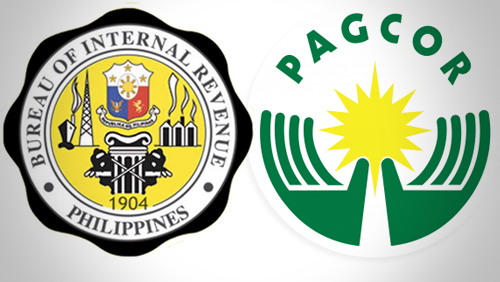 The Philippines’ Court of Tax Appeals (CTA) has made a ruling that should make franchisees under the Philippine Amusement and Gaming Corp. (Pagcor) feel a little bit squeamish: you’re no longer exempt from paying your income taxes.
The Philippines’ Court of Tax Appeals (CTA) has made a ruling that should make franchisees under the Philippine Amusement and Gaming Corp. (Pagcor) feel a little bit squeamish: you’re no longer exempt from paying your income taxes.
Thunderbird Pilipinas Hotels and Resorts Inc. found that out the hard way after its petition against the Bureau of Internal Revenue (BIR) was summarily dismissed by the the CTA, forcing the company’s owners to pay up tax deficiencies amounting to Php17.92 million back in 2006. Thunderbird did put up a fight, arguing that the tax exemption that was given to Pagcor also covered corporations that the state-run agency has authorized to operate casinos under its franchise.
But the CTA stood firm on its decision, even after Thunderbird also argued (to no avail, apparently) that even if Pagcor lost its tax-exempt status when the Supreme Court ruled in the case of Pagcor v. BIR back in March 15, 2011, the lifting of the tax exemption should have been applied prospectively since the SC ruling came with a new interpretation of Pagcor’s charter, or different from the one Thunderbird signed off on when it became a franchise of the agency years before.
Not surprisingly, the CTA also rebuffed that argument, citing the passage of Republic Act 9337 or as its known in the country, the Expanded Value Added Tax Law, that took effect on July 1, 2005. According to the CTA, the Supreme Court already has already made rulings on this matter, even interpreting it to say that whatever tax exemption Pagcor had before was already repealed by Congress with the passage of the EVAT law.
“More direct and firm was the pronouncement by the Supreme Court of the removal of Pagcor’s exemption in the more recent case of Pagcor v. BIR wherein it was emphasized that with the passage of RA 9337, Pagcor is no longer exempt from corporate income tax,” the CTA pointed out in its ruling.
This latest development should come as bad news for current franchisees of Pagcor, some of which are still developing their luxury resort and casinos in Entertainment City. Even with Pagcor’s proclamation that it would be prepared to shoulder the heavy load of the 30 percent income tax attributed to these franchises, it still begs the question how future investors would take to it.
Philip Tulk, a Hong Kong-based analyst at Standard Chartered Bank, told Bloomberg last year that it would be a huge blow to the Philippines’ attempt to become a player in the Asian gaming market, saying that “a higher income tax could discourage investors to further invest or even complete the casino projects they previously planned to, thus it could reduce the country’s appeal to draw gamblers.”